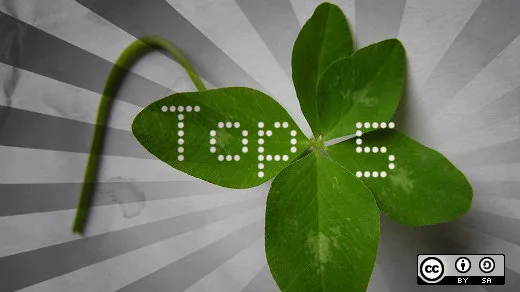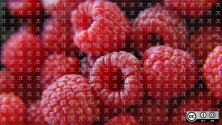Welcome to the Opensource.com Weekly Top 5!
Top 5 articles of the week
#5. The future of open source is a better user experience
Nick Yeates writes that his favorite open source software survey is the annual one by Black Duck Software that asks: What is the future of open source software? To Nick, to be the future, open source needs to move from scratching an itch to better user experience (UX). Read more about how open source can do this in this timely article.
#4. Be a responsible open source user
New contributor to Opensource.com, Jason van Gumster, talks about what it means to really be a responsible open source user. Because we're all in this together, right? Open source communities thrive on extreme collaboration and communication. We, the users, are the quality control, documentation, and marketing departments. Jason tells us how we can be better in all three in this article.
#3. The three open source projects that transformed Hadoop
Jonathon Buckley, the Interim Chief Marketing Officer at Qubole, a platform for Big Data analytics, takes a look at how three open source projects have transformed the Hadoop ecosystem. They are: Hive, Spark, and Presto.
#2. Why large companies use open source ERP
Hans Bakker talks open source ERPs, or enterprise resource planning systems. Open source ERP systems, he says, are great for large organizations because a new interface shell is created outside of the core system, whereas with commercial systems the existing interface is customized which makes upgrades difficult. He says it is also valuable to own the system and its full source content, because there is no lock-in or dependency on the vendor, and you are more free on how you are going to implement the software—you can do it all by yourself or hire a provider.
#1. Google shares gRPC as alternative to REST for microservices
Luis Ibanez, a software engineer at Google, goes into detail in this article about the recently released Google remote procedure call for servers, called gRPC. gRPC is based on the recently finalized HTTP/2 standard that enables new capabilities and provides libraries for multiple languages. Find the source code on GitHub, which includes extensive documentation and a main webpage.







Comments are closed.